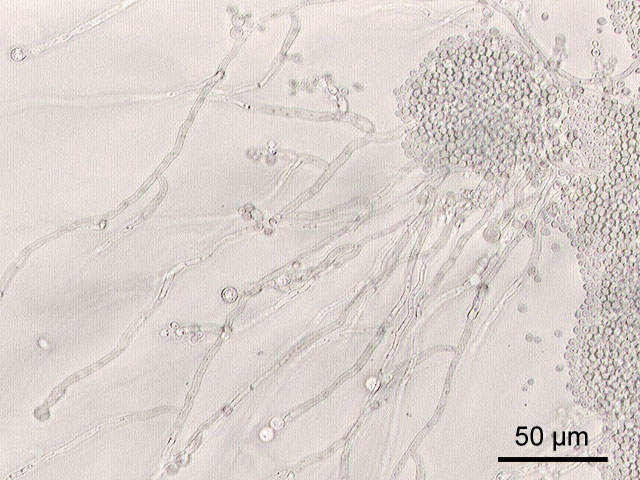On September 5, speakers at the Microbiome Therapeutics US conference shed light on the future of microbiome therapeutics, which is going well beyond the gut. This novel approach is being pursued by biopharmaceutical companies such as Siolta Therapeutics and Axial Biotherapeutics, which are applying existing knowledge of the gut microbiome to new therapeutic areas.
Siolta is looking to treat asthma by altering the microbiome, while Axial is targeting the gut brain-axis to develop therapeutics for Parkinson’s disease and autism. Although substantial opportunity exists for these microbiome-based therapeutics, both companies will have to overcome numerous hurdles before gaining regulatory approval, most notably establishing safety and efficacy in human clinical trials.
According to GlobalData, there were just under 200 million total prevalent cases of asthma across the 10 major pharmaceutical markets (Australia, Brazil, Canada, China, France, Germany, India, Italy, Japan, and Mexico) in 2017, which is anticipated to grow to almost 217 million by 2023, marking significant opportunity in this space.
The growing prevalence of asthma may be explained by modern day advances such as cesarean sections and antibiotics, which may increase the chance of a child developing asthma by altering the microbiome. Siolta’s approach to treating asthma is based on the belief that early microbial development in humans is essential to establish and maintain an immune response.
Siolta has identified specific bacterial and fungal communities that are decreased and increased, respectively, in asthma patients compared with healthy controls, as well as microbial genes that are enriched in patients at high risk of developing asthma. Based on this evidence, Siolta has developed an oral microbial supplement aiming to alter the microbiome and stop the immune pathway to developing asthma before it starts, giving it the potential to not only treat asthma, but also to prevent asthma in high-risk infants.
Using a similar approach to Siolta, Axial is harnessing the gut-brain axis to develop a pipeline of gut-directed central nervous system (CNS) therapies, most notably for the treatment of Parkinson’s disease and autism. Axial hypothesizes that Parkinson’s disease may start in the gut, as α-synleucin aggregates propagate from the enteric nervous system to the CNS via the vagus nerve.

US Tariffs are shifting - will you react or anticipate?
Don’t let policy changes catch you off guard. Stay proactive with real-time data and expert analysis.
By GlobalDataIn preclinical studies, Axial has demonstrated that the development of Parkinson’s-like motor symptoms was accelerated in genetically susceptible, α-synuclein overexpressing mice that were exposed to human gut microbiota from Parkinson’s patients. In the future, these microbes might be used as a biomarker to identify patients who might be at risk for Parkinson’s and eligible for microbial-based treatments, marking a truly novel therapy for a currently incurable disease.
Autism is characterised by varying degrees of behavioural and gastrointestinal deficits. Axial recently showed that the microbiome of children with autism is different from that of typically developing controls, as concentrations of the bacterial metabolite, 4-ethylphenylsulfate (4-EPS), were elevated as much as six-fold in serum samples from children with autism.
Levels of 4-EPS are associated with autism spectrum disorder (ASD) symptoms such as socialization deficits, marking the potential of this bacterial metabolite to be used a biomarker for the diagnosis of autism as well as a potential target for microbial-based treatments. However, Axial’s treatments are far from reaching the market, as these results have yet to be replicated in human clinical trials.




